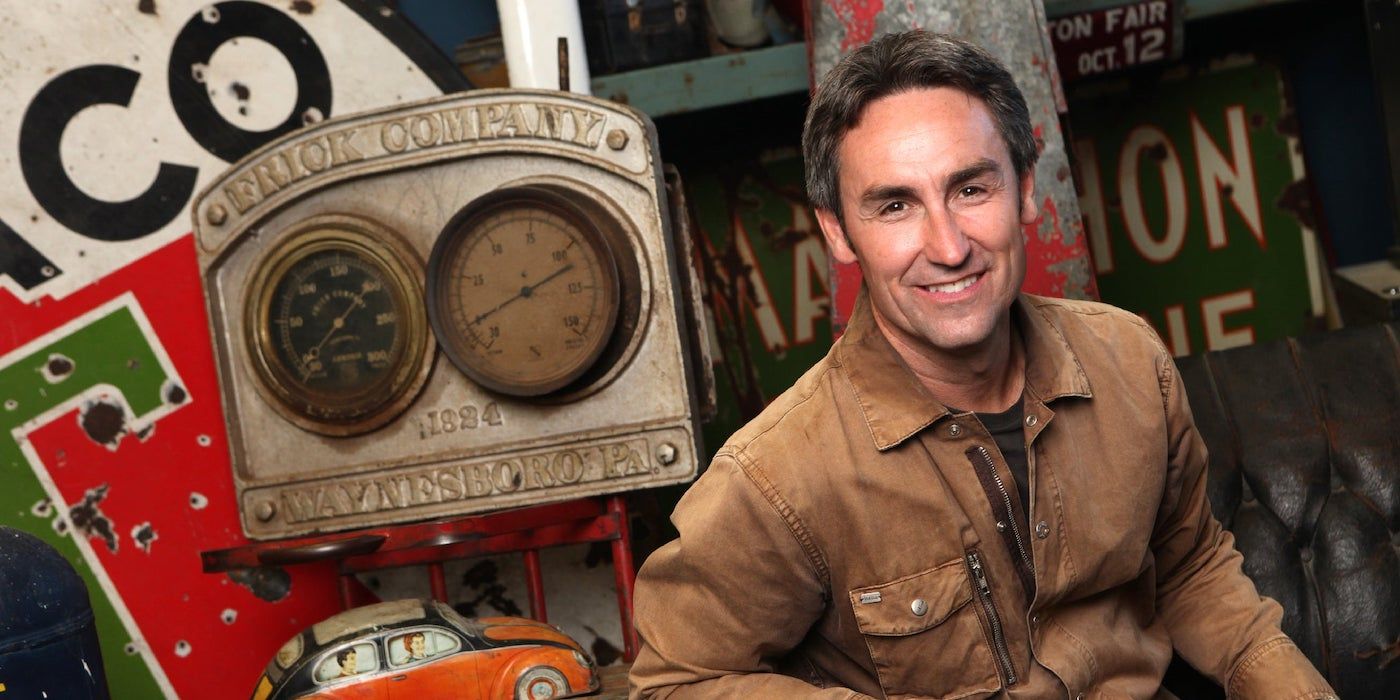Retailers Locked Up Their Products—and Broke Shopping in America

Several years ago, Americans emerging from the early days of the pandemic found that aisles at some of the country’s biggest retailers had begun to change. After a year of shoppers mainlining online deliveries and battling unpredictable product shortages, stores finally replenished their shelves, but with a catch: Many products were locked behind acrylic barriers. The plastic shields, once used sparingly to secure certain kinds of expensive or heavily regulated items such as cellphones or cigarettes, were now holding hostage run-of-the-mill toiletries and cleaning supplies. To negotiate their release, you’d need a key-wielding store employee. If no one was around—and no one ever was—you could press a call button and hope for the best.
The practice has since metastasized to so many kinds of products in so many more stores—big-box discounters, beauty retailers, chain pharmacies—that it’s become routine to discover entire aisles transformed into untouchable product galleries armored in plexiglass. The whole thing has a whiff of pawnshop, which might actually be unfair to pawnshops. They, at least, have someone ready and waiting to take things out of lockup.
Related
‘American Pickers’ Star Mike Wolfe’s Antiques Shop Faces Backlash for…
American Pickers host Mike Wolfe has recently come under fire, and it has to do with his antiques store, Antique Archaeology, in Nashville. The U.S. Sun has re
S.Coups’ Favorite K-Beauty Brand Is Now Available in America: Shop…
The SEVENTEEN star was announced as the brand ambassador for the skincare brand last year.
The trade war is here. You’ll notice it at the…
Canadians' pocketbooks will likely be the victim of a prolonged trade war with the U.S., with the prices on consumer goods potentially rising over the next week
American booze taken off shelves and stacked in shopping carts…
Open this photo in gallery:A staff member removes bottles of U.S. alcohol from the shelves of a Liquor Control Board of Ontario (LCBO) store, as part of retalia












